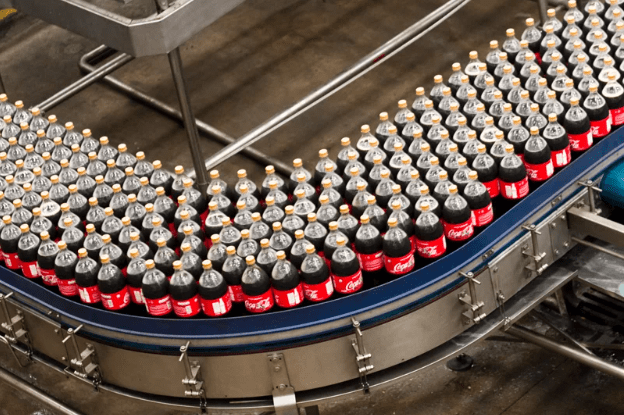The United States and Mexico are the largest consumers of fructose in the world, according to the Organization for Economic Cooperation and Development (OECD).
The OECD also forecasts that both countries will continue to be the largest consumers of fructose in 2032.
High-fructose corn syrup is mainly used in beverages as a sugar substitute.
Unlike sugar, it is a liquid product and therefore less easily marketed.
Global consumption will remain the domain of a limited group of countries with no real development, the OECD projects.
The main producers, the United States and Mexico, will continue to be the main consumers with 13.7 kg and 9.2 kg per person, respectively, in 2032.
In the United States, since the mid-2000s, when it represented, together with sugar, the two main caloric sweeteners in equal proportion, its share has decreased.
According to the OECD, this trend is expected to continue as the debate over the possible greater health hazard of High Fructose Corn Syrup (HFCS) compared to sugar is still ongoing.
By 2032, the two products are expected to account for, respectively, 31 and 69 of caloric sweetener consumption in the United States.
Fructose consumers
In Mexico, government efforts to reduce the consumption of caloric sweeteners and the decline in per capita consumption of HFCS are forecast to continue over the next ten years.
As a result, and because demand for HFCS will not change much, the United States is expected to record a decline in production (-13%) compared to the base period and reach 6 Mt in 2032.
China, the world’s largest starch producer, is expected to experience the largest changes, as its per capita caloric sweetener consumption is very low compared to the rest of the world.
Since 2020, corn prices have increased, and this was passed on to the cost of producing/consuming HFCS, leading to some substitution with sugar or other alternative sweeteners in soft drinks, depending on the profitability of the products.

